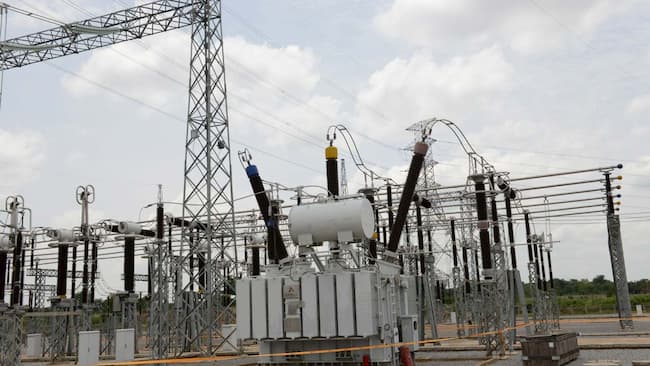Power distribution companies rejected a total of 4,049.15 megawatts of electricity between May 17 and May 23, 2021, a practice that is likely to attract sanctions from the industry regulator.
The latest industry figures obtained from the Transmission Company of Nigeria (TCN) showed that the Discos rejected electricity on each of the seven days despite the poor power supply in various locations across the country.
The data obtained by BizWatch Nigeria indicated that on May 17, the 11 power distribution firms rejected 881.46MW, of electricity.
On May 18, 19, and 20, the power distribution firms rejected 691.06MW, 404.04MW and 363.94MW of electricity, respectively.
On May 21, the discos rejected 403.83MW of electricity; 960.77MW on May 22 and 344.05MW on May 23.
It was observed that on May 18, out of the 11 Discos operating in Nigeria, Abuja and Ikeja Discos accepted an extra load of 42.34MW and 51.81MW, respectively.
Also on May 19, Abuja, Benin and Port Harcourt Discos collectively accepted extra loads of 53.92 MW and Benin Disco collected additional 27.05MW of electricity on May 21.
READ ALSO: Yobe State Govt Spends N4bn On Rural Electrification Projects
Also, on May 20, 21, and 23, Abuja Disco collected extra load totalling 109.72MW.
It was observed the Abuja Discos in six days out of 7 days was given load allocation far below what was originally requested from the Transmission Company of Nigeria.
Also, most of the Discos, except Abuja Disco, could not accept the quantum of electricity which they originally requested from the Transmission Company of Nigeria, hence the rejection of power allocated to them.
On several occasions, the TCN had condemned the continued load rejection by Discos and called for the recapitalisation of the distribution companies in order for them to adequately improve on their networks.
The new guideline on generation capacity published by the NERC in February this year stipulated that where a Disco fails to take its entire load allocation due to constraints in its network, the Disco will pay the capacity charge as allocated in its vesting contract.
It explained that it would further determine and hold a Disco financially responsible for failing to be available to distribute its contracted load allocation due to constraints in its network.
According to the NERC, the TCN will be accountable for failure to deliver to a Disco’s nominated trading points in its contracted load allocation due to constraints in TCN’s network.













